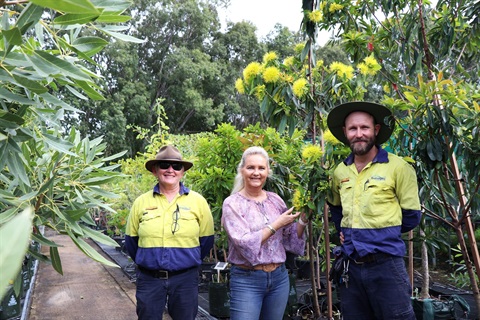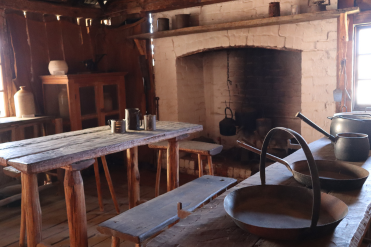
Almost 80 years after the WW2 Battle of Guadalcanal, the legacy of the six-month conflict continues to claim casualties in Solomon Islands.
Explosive remnants of the battle lie centimetres below the surface of the soft soil and sand throughout the archipelago.
As a result, the Royal Solomon Islands Police Force (RSIPF) explosive ordnance disposal response team is in high demand.
An Australian Defence Force joint explosive ordnance disposal (EOD) training team has deployed to Solomon Islands on Operation Render Safe to help bolster the RSIPF capability.
Royal Australian Air Force Senior EOD technician Warrant Officer Brian Rock, from the Defence Explosive Ordnance Training School, said the training would supplement the RSIPF’s extensive knowledge and experience with explosive ordnance (EO).
“The RSIPF are excellent at ordnance recognition,” Warrant Officer Rock said.
“After being in the ground for so many years in a tropical climate, the condition of the EO has degraded since World War Two.
“These trainees can look at a rusted piece of metal and know what it is straight away because they’ve seen a lot of it before.
“Our role is to formalise the knowledge and training they already have and fill the gaps, mostly around governance and handling.”

Royal Solomon Island Police Force members conduct a practical exercise during an explosive ordnance detonation course with the Australian Defence Force in Honiara, Solomon Islands. Photo: Corporal Julia Whitwell
The ADF course will train participants to United Nations’ standards, with modules covering EO design principles, hazard appreciation and safe transport and disposal techniques.
Demand for the training is high, with reports of EO coming in to the RSIPF daily.
RSIPF officers have been called to a school after a child uncovered a grenade in the school’s grounds; to a village after more than 40 60-kilogram bombs were discovered, and to a family home after the family found a 650-pound depth bomb wedged at the base of a stump while they were restumping their house.
Warrant Officer Rock said the training was a small step in making the region safe for residents.
“It’s an enduring problem that’s going to last for decades,” he said.
“It’s likely that their kids’ kids will still be dealing with it.
“But it’s a proud and humbling part of my career to work with the RSIPF so they can get started on cleaning up the mess of a war that’s already 80 years gone.”








